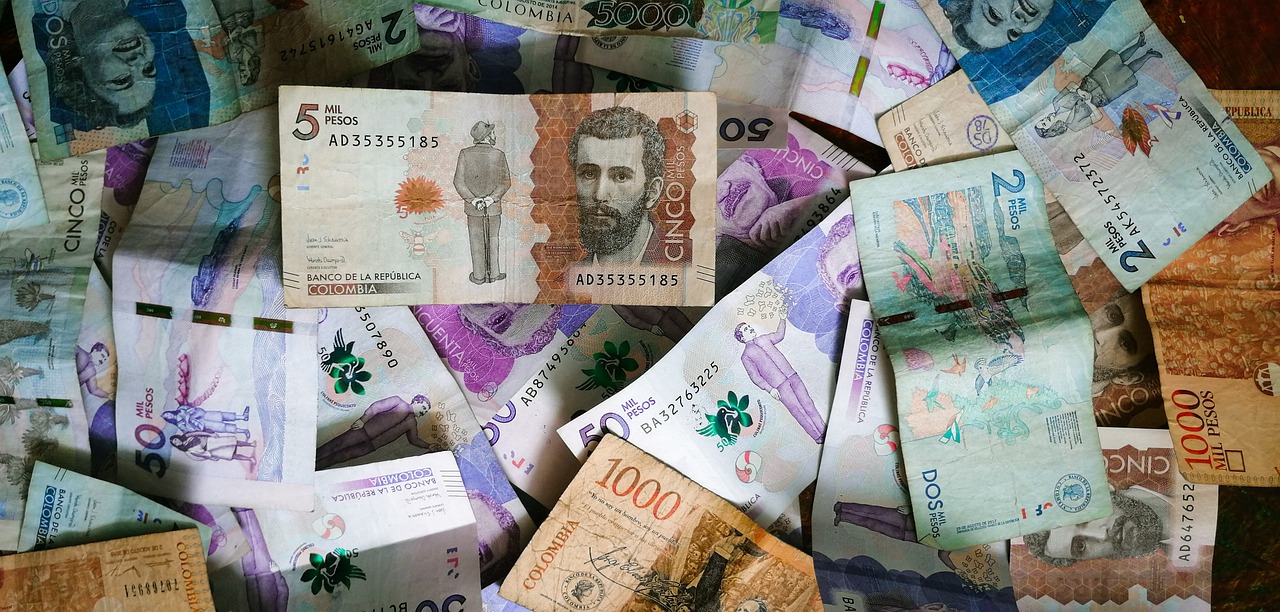Top Methods for Exchanging USD to HKD and the Impact of Global Events and Central Banks
GPT_Global - 2025-11-02 21:00:56.0 77
What are the best methods for exchanging USD to HKD?
When it comes to exchanging USD to HKD, there are several effective methods available to ensure you get the best rates and service for your remittance business. Understanding these options can help you make informed decisions when transferring money.
One of the most popular and cost-effective methods is using online money transfer services. Providers like Wise (formerly TransferWise) offer competitive exchange rates and low fees. These services allow you to transfer USD to HKD quickly and conveniently from the comfort of your home, making them ideal for remittance purposes.
Another option is traditional banks, which offer USD to HKD exchanges. While banks are trusted and reliable, their exchange rates are often less favorable compared to online platforms. Additionally, banks may charge higher fees for international transfers, which can eat into the value of your remittance.
For those who prefer in-person transactions, currency exchange kiosks or local exchange services can be a good option. However, it's important to compare rates, as some places may offer better rates than others, depending on the location.
Ultimately, choosing the best method for exchanging USD to HKD will depend on factors such as speed, cost, and convenience. Always consider your options carefully to ensure a smooth and affordable transaction.

How do online currency converters calculate 1 USD to HKD?
In the remittance business, one of the key concerns is how currency conversion rates are determined, especially when transferring money across borders. When converting 1 USD to HKD, online currency converters play a crucial role in providing real-time, accurate exchange rates. These converters rely on several factors, including market demand, supply, geopolitical stability, and the economic policies of both the United States and Hong Kong.
Online currency converters aggregate data from various financial markets and sources, such as banks, forex markets, and government reports. They use these data points to calculate the most up-to-date exchange rate for USD to HKD. As a result, the rate can fluctuate throughout the day based on global economic conditions.
For remittance businesses, understanding these calculations is essential to offering competitive rates to customers. By using reliable online converters, remittance services can provide transparent, real-time exchange rates that help clients make informed decisions. This boosts customer trust and satisfaction, crucial for long-term business success in the remittance industry.
Does the USD to HKD exchange rate affect the cost of imports in Hong Kong?
The exchange rate between the US Dollar (USD) and the Hong Kong Dollar (HKD) plays a significant role in determining the cost of imports to Hong Kong. When the USD strengthens against the HKD, it makes imports priced in USD more expensive. Conversely, if the USD weakens, the cost of these imports drops. This dynamic can impact businesses that rely on importing goods from the United States or other countries where transactions are conducted in USD.
For companies in Hong Kong, fluctuating exchange rates mean that the cost of raw materials, machinery, and other imported goods can change regularly, impacting profit margins. Consumers may also feel the effects through higher prices for imported goods, ranging from electronics to everyday products.
For remittance services, understanding the USD/HKD exchange rate is crucial. Customers sending money to family members or businesses in Hong Kong may find that their remittance has varying purchasing power depending on the exchange rate at the time of the transaction. Thus, fluctuations in the USD to HKD exchange rate can influence not only businesses but also individual remittance recipients in Hong Kong.
In conclusion, the USD to HKD exchange rate is an essential factor that affects the cost of imports and remittances, making it important for both businesses and individuals to stay informed about currency trends.
How do central banks influence the USD to HKD exchange rate?
Central banks play a crucial role in influencing currency exchange rates, including the USD to HKD rate. Through various monetary policies, central banks can affect the supply and demand for their currency, which, in turn, impacts exchange rates. In the case of the USD to HKD exchange rate, the Federal Reserve (Fed) in the United States and the Hong Kong Monetary Authority (HKMA) are the key players.
The Federal Reserve’s actions, such as adjusting interest rates or engaging in quantitative easing, can directly influence the value of the US dollar. When the Fed raises interest rates, it tends to strengthen the USD, making it more attractive to investors. Conversely, when interest rates are lowered, the USD may weaken.
On the other hand, the HKMA maintains a currency peg to the US dollar, meaning the Hong Kong dollar (HKD) is tied to the USD within a narrow band. This peg stabilizes the HKD but also means the HKMA must intervene in the foreign exchange market to maintain the peg when the USD fluctuates.
For businesses involved in remittance, understanding these central bank policies is essential. Exchange rate fluctuations can affect transaction costs and the final amount received by recipients in Hong Kong. Keeping track of these influences helps businesses optimize their remittance services and offer better value to their customers.
Are there any major global events that could cause a sudden change in the USD to HKD exchange rate?
When it comes to remittance businesses, understanding global events that can impact currency exchange rates is essential. One such pair is the USD to HKD exchange rate, which can fluctuate due to a variety of global occurrences.
Major geopolitical events, such as trade wars or political instability, can directly influence the value of currencies like the US Dollar (USD) and the Hong Kong Dollar (HKD). For instance, if the US faces economic sanctions or an unexpected policy shift, it can cause the USD to depreciate, which in turn impacts the exchange rate with HKD.
Similarly, economic indicators such as inflation rates, interest rate changes, or sudden shifts in market sentiment can alter the USD to HKD exchange rate significantly. The Hong Kong Dollar is also sensitive to economic changes in China and global trade dynamics. When China’s economy faces challenges, it can lead to volatility in Hong Kong’s financial sector, affecting the HKD.
For businesses in the remittance industry, being aware of these global events allows for more accurate predictions and better planning. Whether sending or receiving money, understanding these shifts can help maximize savings and minimize unexpected costs.
About Panda Remit
Panda Remit is committed to providing global users with more convenient, safe, reliable, and affordable online cross-border remittance services。
International remittance services from more than 30 countries/regions around the world are now available: including Japan, Hong Kong, Europe, the United States, Australia, and other markets, and are recognized and trusted by millions of users around the world.
Visit Panda Remit Official Website or Download PandaRemit App, to learn more about remittance info.



